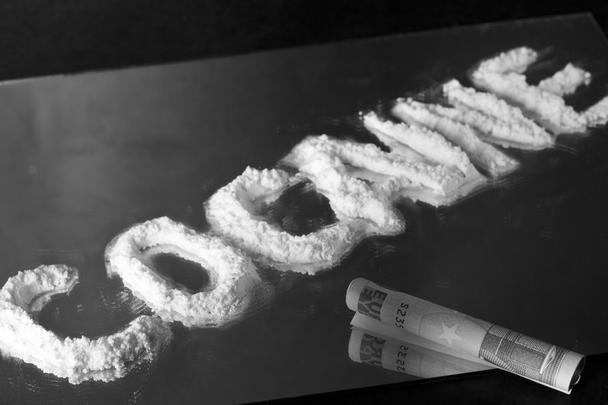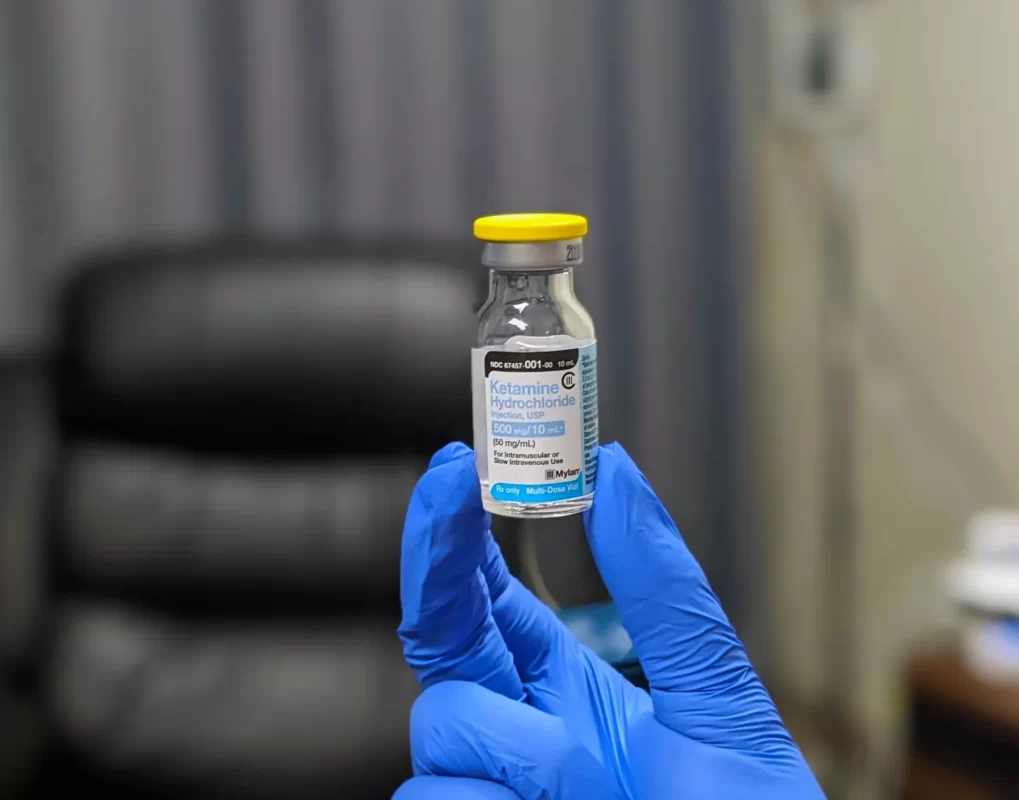Uncategorized
Unlocking the Potential: How Ketamine is Revolutionizing the Treatment of Depression
Depression is a common mental illness that affects millions of people worldwide. It is a debilitating condition that can cause a lack of interest in daily activities, low energy, and feelings of hopelessness. Traditional medication and therapy are often used to treat depression, but they may not be effective for everyone. Ketamine is a new and promising treatment option that is revolutionizing the way we treat depression. In this article, I will explore the history, mechanism of action, clinical trials, safety concerns, and success stories of ketamine for depression treatment.
Introduction to Ketamine for Depression Treatment
Ketamine is a dissociative anesthetic that has been used for decades in surgical procedures. However, in recent years, research has shown that ketamine may also be effective in treating depression. Ketamine works differently than traditional antidepressants, which typically target serotonin or norepinephrine. Ketamine targets the NMDA receptor, which is involved in the regulation of mood and emotions.
Ketamine has been shown to have rapid and long-lasting effects on depression symptoms. Unlike traditional antidepressants, which can take weeks or even months to work, ketamine can start working within hours or days. This makes it a promising option for patients who are in need of immediate relief.
The History of Ketamine
Ketamine was first developed in the 1960s as an anesthetic. It was commonly used in surgical procedures due to its ability to induce a dissociative state and provide pain relief. However, it was soon discovered that ketamine had other effects on the body, including its ability to alter mood and perception.
In the 1990s, researchers began to study the use of ketamine for depression treatment. The initial results were promising, and since then, numerous studies have been conducted on the efficacy of ketamine for depression.
Mechanism of Action of Ketamine
Ketamine works by blocking the NMDA receptor, which is involved in the regulation of mood and emotions. By blocking this receptor, ketamine increases the levels of certain neurotransmitters, including glutamate and BDNF. These neurotransmitters are believed to play a role in the development and maintenance of depression.
Ketamine also has other effects on the brain, including its ability to promote the growth of new brain cells and increase the connectivity between different regions of the brain. These effects may contribute to its ability to alleviate depression symptoms.
Clinical Trials and Effectiveness of Ketamine for Depression

Numerous clinical trials have been conducted on the efficacy of ketamine for depression treatment. The majority of these studies have shown that ketamine is effective in reducing depression symptoms, even in patients who have not responded to traditional antidepressants.
One study published in the Journal of Psychiatric Research found that ketamine was effective in reducing depression symptoms in 71% of treatment-resistant patients. Another study published in the Journal of Affective Disorders found that ketamine was effective in reducing suicidal ideation in depressed patients.
Types of Ketamine Treatment for Depression
There are several different types of ketamine treatment for depression. The most common types include:
- Intravenous (IV) infusion: This involves the administration of ketamine through an IV. This is the most common form of ketamine treatment for depression and is typically administered in a clinical setting.
- Intranasal spray: This involves the administration of ketamine through a nasal spray. This form of ketamine treatment is relatively new but has shown promising results in clinical trials.
- Sublingual tablets: This involves the administration of ketamine through a tablet that is placed under the tongue. This form of ketamine treatment is also relatively new and is currently being studied in clinical trials.
Safety Concerns and Side Effects of Ketamine – Best Place to Order ketamine Injection online
Like all medications, ketamine has potential side effects. The most common side effects of ketamine include nausea, dizziness, and confusion. These side effects are typically mild and short-lived.
There is also concern about the potential for abuse of ketamine. Ketamine has a history of abuse as a recreational drug, and there is concern that the use of ketamine for depression treatment may lead to increased abuse. However, the use of ketamine for depression treatment is typically closely monitored and administered in a clinical setting, which reduces the risk of abuse.
Cost and Accessibility of Ketamine Treatment
Ketamine treatment for depression can be expensive, and it is not always covered by insurance. The cost of ketamine treatment varies depending on the type of treatment, the frequency of treatment, and the location of the treatment.
Accessibility of ketamine treatment can also be an issue. Ketamine treatment is not widely available and is typically only offered in specialized clinics. This can make it difficult for patients to access this treatment option.
Success Stories and Patient Testimonials
There are many success stories and patient testimonials about the effectiveness of ketamine for depression treatment. Many patients who have not responded to traditional antidepressants have found relief with ketamine. Patients have reported feeling a sense of hope and an improvement in their overall quality of life.
The Future of Ketamine for Depression Treatment
The use of ketamine for depression treatment is still relatively new, and there is much that we do not yet know about its long-term effects. However, the initial results are promising, and researchers are continuing to study the effectiveness of ketamine for depression treatment.
In the future, it is possible that ketamine may become a more widely accepted treatment option for depression. As more research is conducted, we may gain a better understanding of how ketamine works and how it can be used to treat depression.
Conclusion
Depression is a common and debilitating mental illness that affects millions of people worldwide. Traditional medication and therapy may not be effective for everyone. Ketamine is a new and promising treatment option that is revolutionizing the way we treat depression. Although there are still many questions about the long-term effects of ketamine, the initial results are promising, and many patients have found relief with this treatment option. As more research is conducted, we may gain a better understanding of how ketamine works and how it can be used to treat depression.
Reliable Ketamine Suppliers – Ketamine Injectables Online Clinic

